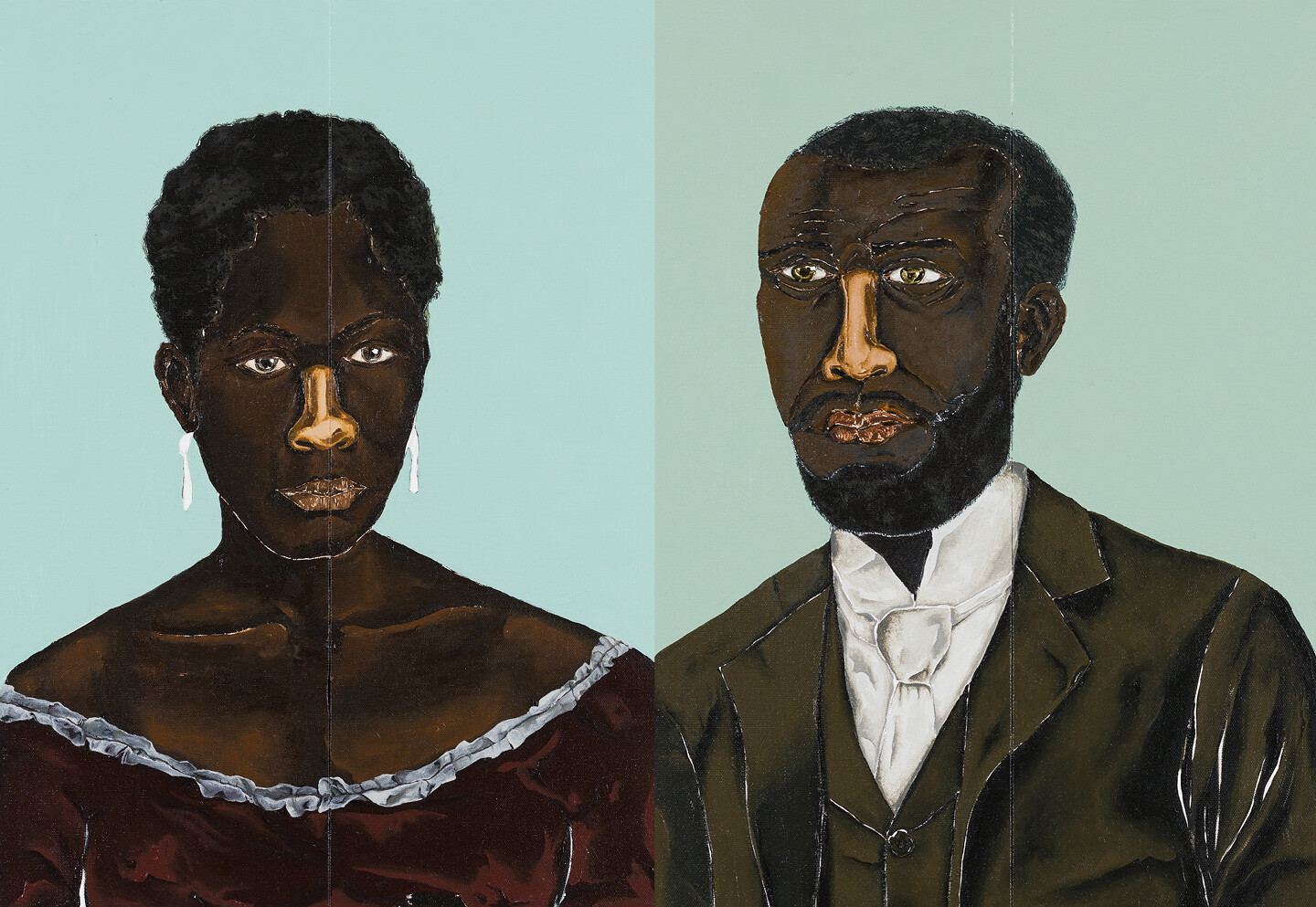Afro-Atlantic Histories
June 29–October 21, 2018
Afro-Atlantic Histories presents a selection of 450 works by 214 artists ranging from the 16th to 21st centuries and centered on the “flux and reflux” among Africa, the Americas, the Caribbean and also Europe, to borrow the famous phrase by Pierre Verger, the French ethnologist, photographer and babalawo [priest of Ifá] who made Bahia his home.
Brazil is a central territory in the Afro-Atlantic histories, having received about 46% of the roughly 11 million Africans brought against their will to this side of the ocean during the transatlantic slave trade that lasted for more than 300 years. The country also was the last to end slavery, with the so-called Golden Law of 1888, which perversely did not include any social integration plan, setting the stage for enduring economic, political and racial inequalities. On the other hand, Brazil’s leading role in those histories also sowed here a rich and lasting legacy from African cultures.
Afro-Atlantic Histories is motivated by the desire and need to draw parallels, frictions and dialogues around the visual cultures of Afro-Atlantic territories—their experiences, creations, patterns of worship and philosophy. The so-called Black Atlantic, to use the term coined by Paul Gilroy, is a geography lacking precise borders, a fluid field where African experiences invade and occupy other nations, territories and cultures.
The plural and polyphonic quality of histórias in Portuguese is also of note; unlike the English “histories,” the word carries a double meaning that encompasses both fiction and nonfiction, personal, political, economic and cultural as well as mythological narratives. Histórias possesses a processual, open and speculative quality, as opposed to the more monolithic and definitive character of the grand narrative of traditional history. In this sense, the exhibition does not aim to exhaust this extensive and complex subject but rather tries to encourage new debates and questions so that our Afro-Atlantic histories can themselves be reconsidered, revised and rewritten.
The exhibition avoids a chronological or geographical organization, instead being divided into eight thematic sections featuring works from different eras, territories and media, at the two institutions that are co-organizing the project. At MASP: Maps and Margins, Everyday Lives, Rites and Rhythms, and Portraits, along with Afro-Atlantic and Modernisms and Routes and Trances: Africas, Jamaica and Bahia. At Instituto Tomie Ohtake: Emancipations and Resistances and Activisms. At MASP, the program includes an entire year of exhibitions, talks, courses, workshops, publications and screenings on Afro-Atlantic histories. The program started with solo exhibitions devoted to the work of Maria Auxiliadora, Aleijadinho and Emanoel Araujo, and will continue with Melvin Edwards, Sonia Gomes, Rubem Valentim, Lucia Laguna and Pedro Figari. The video room program includes presentations by Ayrson Heráclito, John Akomfrah, Kahlil Joseph, Kader Attia, Catarina Simão, Jenn Nkiru and Akosua Adoma Owusu extending into 2019. Thus the museum itself becomes a platform that is multiple and diverse, plural and polyphonic.
Afro-Atlantic Histories, on view through October 21, 2018, is curated by Adriano Pedrosa, MASP’s artistic director, Ayrson Heráclito, guest curator, Hélio Menezes, guest curator, Lilia Moritz Schwarcz, MASP’s adjunct curator of histories, and Tomás Toledo, MASP curator.
The illustrated 416-page catalog that accompanies the exhibition, edited by Pedrosa and Toledo in Portuguese and English, includes texts penned by the curators. A separate 624-page anthology, edited in Portuguese by Amanda Carneiro and Andre Mesquita, is a key part of the program and presents texts by 44 authors resulting from two international conferences in 2016 and 2018.
For further information about the publications, contact loja [at] masp.org.br
Instituto Tomie Ohtake
Av. Brigadeiro Faria Lima, 201
São Paulo
05426-100
Brazil
Hours: Tuesday–Sunday 11am–8pm
T +55 11 2245 1900
MASP - Museu de Arte de São Paulo Assis Chateaubriand
Avenida Paulista, 1578
São Paulo
01310-200
Brazil
Hours: Tuesday–Sunday 10am–6pm,
Thursday 10am–8pm
T +55 11 3149 5959
Press requests
T +55 11 3149 5898
imprensa [at] masp.org.br

